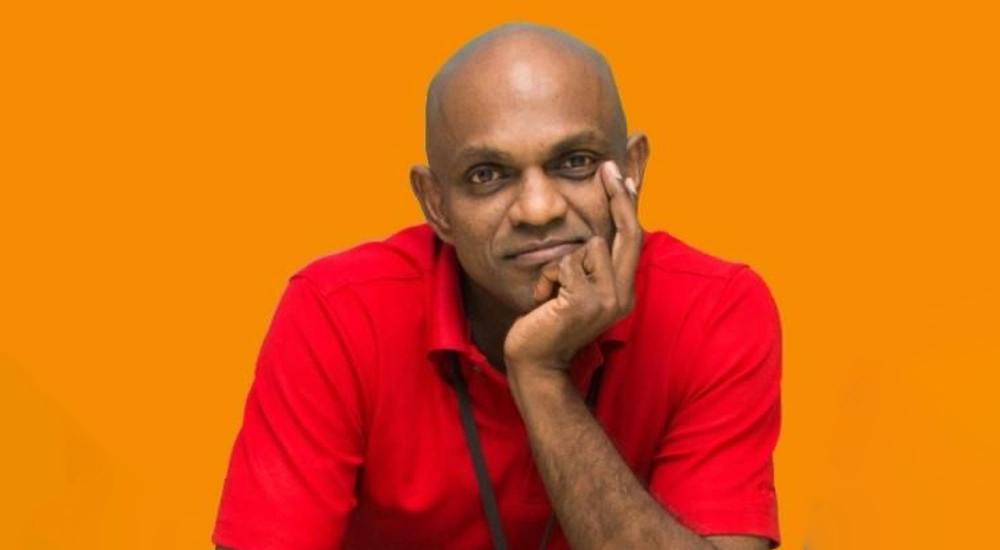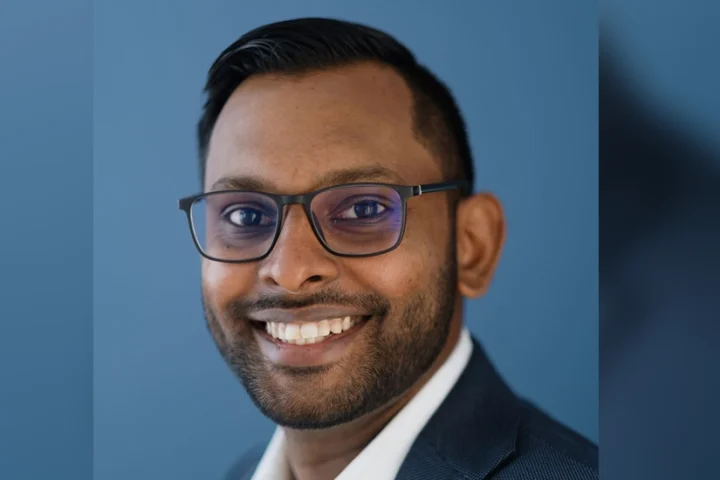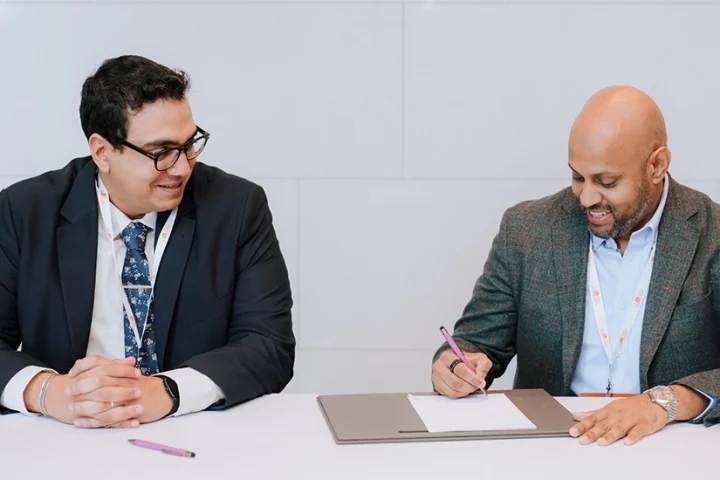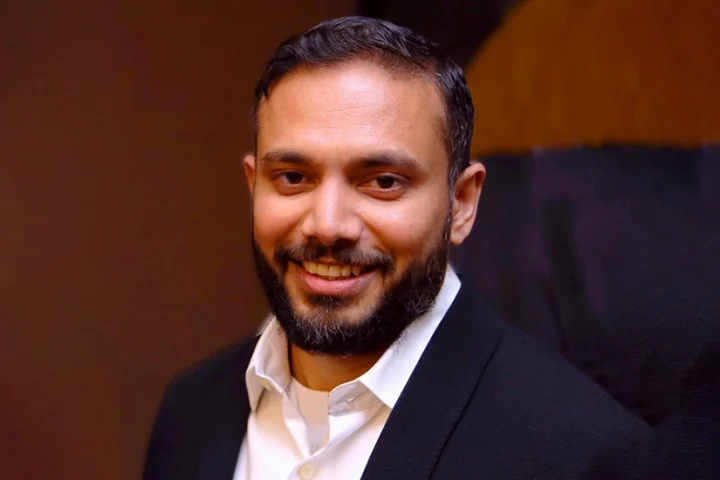As WSO2 celebrates its 20th anniversary, we scored an exclusive interview with its CEO, Sanjiva Weerawarana—an engineer-turned-leader with a deep passion for open source, innovation, and building enduring organizations.
So, you know, 20 years is a significant milestone—especially in the technology industry. What do you think has been the core reason why WSO2 has lasted and thrived for so long?
Well, I would say it’s because we didn’t design the company to just look for an exit. We had opportunities—12 years ago we had a very large buyout offer, which we turned down. We’ve had multiple chances to sell the company. But each time, I felt that path wouldn’t serve the deeper purpose we started with.
The second reason is the way we think about technology and product. As I mentioned in my keynote, we don’t follow hype curves. We make a point of long-term thinking, and that has shaped our culture. Whenever we do something, we ask two questions:
Why are we here? That’s looking backwards to understand the root cause, the deeper motivation behind our actions.
And then what? That’s looking ahead—what comes next, what’s the outcome we’re working toward?
This constant reflection is what’s helped us thrive. We dig deep into the “why” to ensure we’re solving root problems, not symptoms. And we always have our eyes on the long-term future.
When you started the company 20 years ago, did you envision it as a long game—or did that mindset evolve over time?
No, it was always a long game. My goal was to build the world’s number one company in this space. We used to say that. And you don’t achieve that in five years—especially when you’re up against giants like IBM and Oracle. Not to take them out, but to get ahead of them.
Those players are still large, but the real challengers have changed. From day one, this was never about making quick money, starting a company, flipping it, and moving on. I live a simple life—I don’t care about material things. The motivation has always been purpose.
So what’s been the deeper purpose that has driven WSO2—beyond products, profits, top-line or bottom-line growth?
For me, the biggest driver has been proving that world-class technology doesn’t have to come only from the West. In 2005, even before WSO2, I started the Lanka Software Foundation in Sri Lanka. The goal wasn’t just to use open-source software like Linux or OpenOffice—it was to create the next generation of platforms right here.
Why should we always wait for the West to define the direction of technology? I had been at IBM working on defining global platforms. I knew the opportunity existed, and I knew the talent here was just as capable. We just needed to believe in taking on the challenge.
Open source is part of your DNA. How does that ethos continue to shape your business strategy—especially when balancing the need for monetization?
We are a pure open-source company. Not open core, not half-open—we’re open source all the way. Now, once you scale to $100 million in revenue, the expectations shift. The market doesn’t expect you to double overnight. If you can grow 20–30% annually with healthy margins, that’s acceptable.
But if you’re thinking about building something that lasts another 20, 40, even 100 years—then it’s not about chasing short-term numbers. There’s even a stock exchange in the U.S. called the Long-Term Stock Exchange (LTSE), which removes the pressure of quarterly reporting. If we ever list in the U.S., that’s where I’d want to go.
We also ensure our employees are shareholders. We’ve done equity grants for over 800 employees, not just the executive team. No executive privileges here—we eat at the same table, use the same bathrooms, park in the same lot. It’s a company-wide ethos of equality.
Now that your children are starting companies, what advice have you given them?
I don’t think they listen to me! But seriously, my advice is: if you want to make a real impact on the world, understand that it’s a marathon, not a sprint. It’s not just about making money.
Look at Mark Zuckerberg—he started young and is still at it. Larry Ellison is still leading Oracle in his 70s. But to do what I do—heading product and strategy—you need a deep, intuitive grasp of technology. You can’t lead without understanding.
My hope for my kids—and anyone starting up—is that they build something meaningful, not just something that makes money. That’s boring.
From middleware to now embracing AI, low-code, and cloud-native tools—how do you decide which big bets to make?
We have a deeply technical and well-educated team. We’re constantly reading, researching, learning. We look at academic research, competitor documentation, and we innovate ourselves.
If something new emerges, the first step is to learn. I do that myself. When Docker and Kubernetes came up, I spent time understanding the core concepts—Cgroups, namespaces, etc. Once you understand the base, then you can make informed decisions.
We don’t do shallow thinking. You need to go deep—understand the foundation, and then rise back up. That’s how you stay in control.
As a founder, how do you stay motivated after 20 years?
Because my mission is not complete. I want to show the world that you can build a global tech leader from this part of the world—one that treats people well, gives opportunities, and prioritizes purpose.
There’s a difference between shareholder capitalism and stakeholder capitalism. I believe strongly in the latter. Yes, shareholders should make money—but so should employees, customers, and everyone who contributes.
We aren’t yet at a point where WSO2 is indispensable to the world. Until we get there, my work isn’t done.
You referenced Japanese companies that have lasted for centuries, and Alibaba which was designed with longevity in mind. What lessons do you draw from that?
First, it’s not about you. Any company that wants to last has to be bigger than any one person. We all have to be replaceable.
Second, purpose matters. If your only reason for existing is to hit this quarter’s target or get a bonus, that doesn’t motivate a developer writing code. I actually find it insulting to say people are only motivated by money. That’s not true. Humans are driven by meaning.
Yes, the financials matter—but it’s not the only thing that matters. We must keep reminding ourselves: why are we here?
And you said companies need to evolve, or they get left behind. So how do you balance stability and reinvention within WSO2?
Good question. That’s a constant battle we fight. The reality is, existing customers who are happily using the current product often say, “Don’t change it. It’s working fine for me.” But what they don’t realize is that they’re standing still in a moving world—so, effectively, they’re falling behind.
At WSO2, we see ourselves as the technical experts. Our customers aren’t necessarily supposed to be deeply technical—that’s our job. If they know the technology better than we do, we’ve failed. We should understand the products we’ve built—their design, purpose, and value—better than anyone else, and then help customers gain more from them.
So, it’s our responsibility to keep pushing forward. That means we need to convince our users that innovation is necessary and beneficial. We do that in a few ways. For example, we maintain multiple versions of our products. We might launch a major new version in parallel with the existing one, so current users aren’t immediately affected. Or, if it’s a brand-new idea, we create a completely new product, which doesn’t disrupt their current usage at all.
There are different vehicles to manage innovation, but fundamentally, if a company sticks to one thing and never evolves, it’s not going to last.
Let me expand on your question, because it’s also about company scope. I often say one-wave companies are boring—and short-lived. If your company is built on just one technology wave, you might ride it successfully and exit, but that’s not a long-term business. From day one, we avoided positioning ourselves around a specific trend or buzzword. Our purpose has always been broader: to help enterprises succeed by enabling them to build digital experiences.
It’s not about being the best API management company or the best AI company. Those are important elements, but they’re not the whole story.
But do you still believe in building companies that can last over 100 years?
Absolutely. I’m fully committed to that vision. It comes down to managing capitalism wisely. Capitalism is a useful model—it motivates people and allocates resources effectively. But when taken to the extreme, like what we see in the U.S., you get massive wealth concentration. Elon Musk may have $300 or $400 billion, but nobody can truly use that amount of money.
And what does WSO2 at 30 look like to you?
Looking ahead 10 years, I hope I’m no longer in the picture—that’s the first point. But more importantly, I want WSO2 to be 50 times bigger in terms of impact—whether that’s revenue, reach, or influence. There are many open source projects that are genuinely trying to deliver technology for the world, but they’re not companies. We’re unique because we are a company doing this at scale, with a commercial model—and still rooted in values like openness and empowerment.
We don’t always get the recognition we deserve for that, but in 10 years, I want that to change. I want it to be well understood that what we do is different—and meaningful.

























